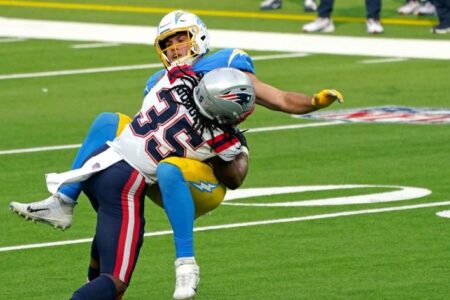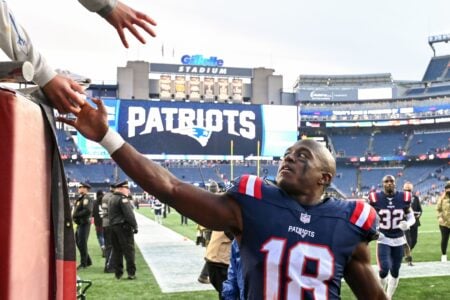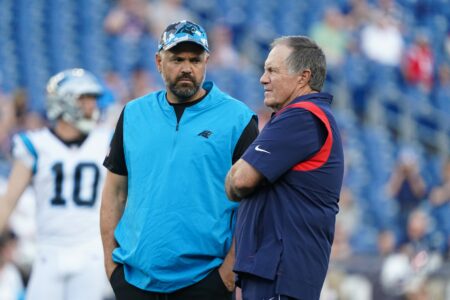thenepatsrule
In the Starting Line-Up
- Joined
- Sep 14, 2007
- Messages
- 4,041
- Reaction score
- 993
Nice article which relates BBs plays to an economic paper...... would be boring for most ppl i guess..............if there are any math geniuses reading this (MIT etc) would be interesting to get your take on how BB calculates the risks etc.......
i remember there being a reference to this paper in an episode of NUMB3RS
Super Bowl Economics: Incremental Analysis, With Two Yards to GoBelichick seemed to be "throwing gut instinct out the window and going on analysis." The information is right there in Figure 5 of the economist's paper: on fourth and 1 on your own 44-yard line, the potential benefit of keeping the drive going outweighs the cost of giving the opponents good field position.The coach may not have not been thinking about Professor Romer's paper at that moment, but he has clearly adopted the methods of a social scientist in a way that few other sports coaches have. Belichick, who majored in economics at Wesleyan University,approaches his job much the way a financial analyst pores over a balance sheet.
i remember there being a reference to this paper in an episode of NUMB3RS
Last edited by a moderator:


















